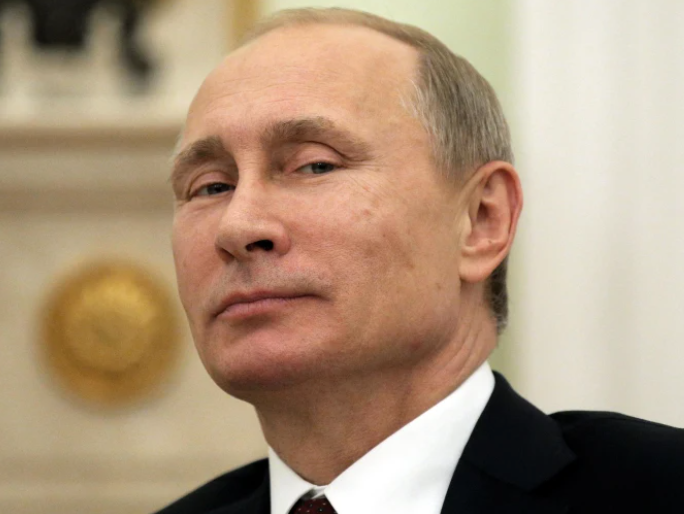$NIS $RUS #Sanctions #Serbia #OilIndustry #USNews #Geopolitics #EnergyCrisis #EconomicImpact #Balkans #Russia #ForeignPolicy #OilRefinery
How Are U.S. Sanctions Transforming the Serbian Oil Industry? Discover the Impact!
The U.S. news landscape is shifting, particularly regarding international energy markets. The latest development involves the U.S. Office of Foreign Assets Control (OFAC) enforcing sanctions on the Russian-owned Oil Industry of Serbia (NIS), the country’s only crude oil refiner. After multiple delays, these sanctions have officially come into effect, raising concerns about their potential impact on Serbia’s economy.
As of October 9, NIS announced that its special operating license from the U.S. Treasury would not be renewed. This decision follows eight prior delays since the company was first sanctioned back in January, primarily due to its Russian ownership. These sanctions target “secondary risks” associated with companies linked to Russia, which poses significant challenges for Serbia, a country heavily reliant on NIS for its energy needs.
The Economic Ramifications of Sanctions
The immediate ramifications of these sanctions are profound. NIS plays a crucial role in Serbia’s energy sector, and the inability to secure necessary licenses may lead to fuel shortages, price hikes, and a ripple effect across various sectors reliant on oil products. As a result, Serbia’s economy could face severe disruptions, impacting both consumers and businesses.
Moreover, the sanctions are not just a local issue; they resonate on a global scale. The geopolitical landscape is shifting, and countries in the Balkans may need to reassess their energy strategies. This situation could compel Serbia to explore alternative energy sources or partnerships, which may not be readily available due to the current geopolitical climate.
Transitioning away from reliance on Russian energy could be a double-edged sword for Serbia. While it may reduce exposure to geopolitical risks, it could also lead to higher costs and a more vulnerable energy supply. The balance between energy security and economic stability is delicate, and Serbia must navigate these challenges wisely.
Long-Term Consequences and Future Strategies
Looking forward, Serbia’s government will need to devise a comprehensive strategy to mitigate the impacts of these sanctions. This may include fostering relationships with other energy producers or investing in renewable energy infrastructure. Additionally, the nation might consider diversifying its import sources to avoid future sanctions-related disruptions.
In the broader context, this scenario serves as a reminder of the interconnectedness of global economies. Countries heavily reliant on a single source of energy face significant risks, especially in times of geopolitical tension. The Serbian case highlights the urgent need for energy diversification and strategic planning, crucial for safeguarding national interests.
Conclusion: A Pivotal Moment for Serbia’s Energy Future
In summary, the enforcement of U.S. sanctions against NIS is a pivotal moment for Serbia. The implications are extensive, affecting not only the oil industry but also the broader economy and energy landscape. As the situation unfolds, it will be essential for Serbia to adapt and innovate in response to these challenges.
For those interested in exploring more about the stock market’s response to such geopolitical events, check out our stock analysis section. Meanwhile, if you’re curious about how cryptocurrencies might be affected by similar sanctions and geopolitical tensions, visit our crypto insights for in-depth articles and updates.
As the global energy market continues to evolve, staying informed will be crucial for both investors and policymakers alike.











Comments are closed.